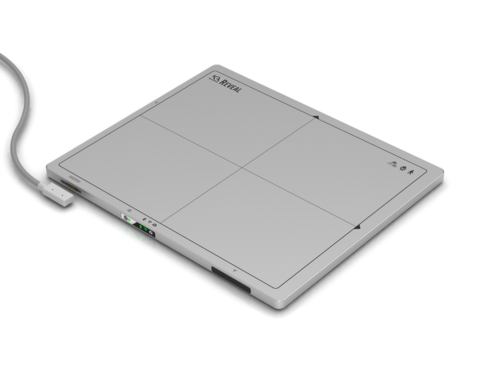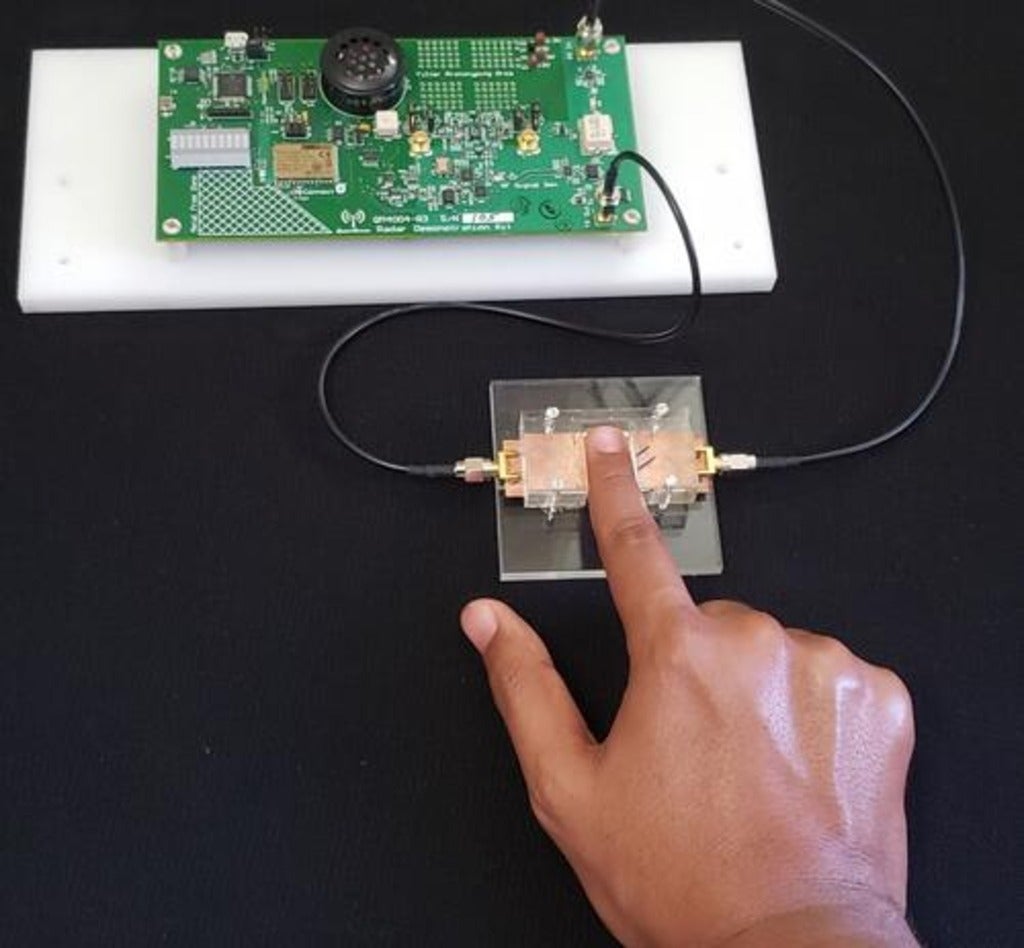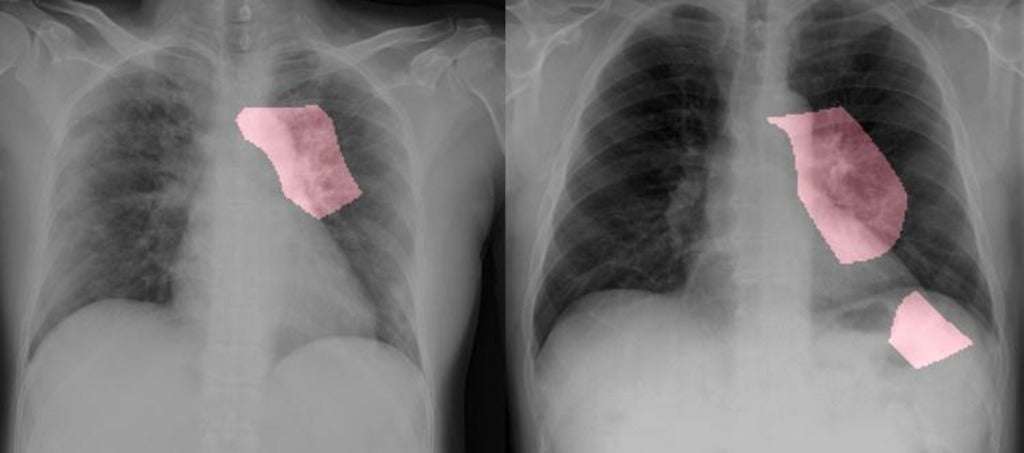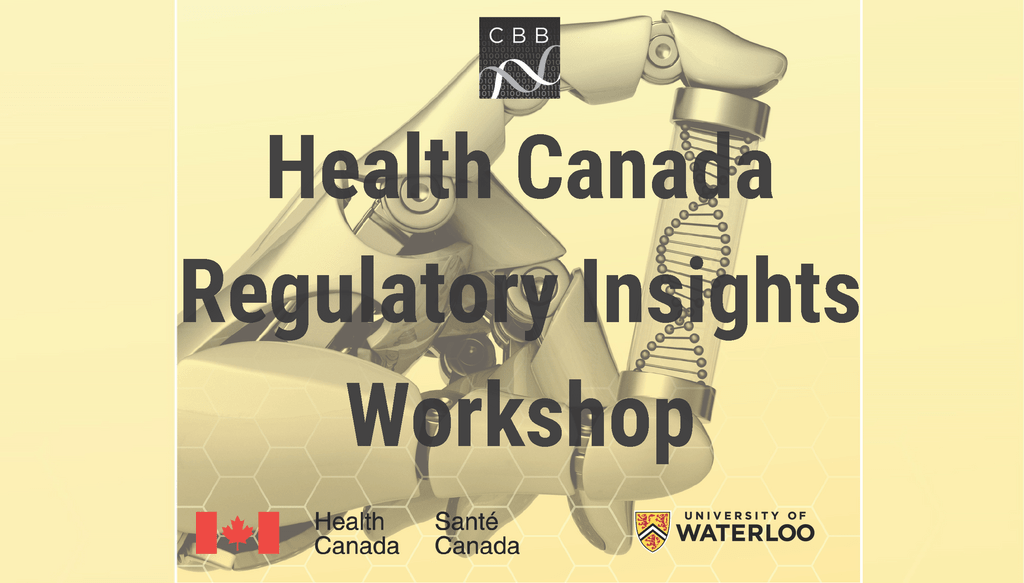KA Imaging achieves Health Canada license and FDA clearance for innovative X-ray technology
Digital X-ray technology developed by a University of Waterloo spinoff company has won approval from Health Canada.
A medical device licence issued for Reveal 35C, a dual-energy X-ray detector created by KA Imaging, follows clearance from the Food and Drug Administration in the United States earlier this month.









